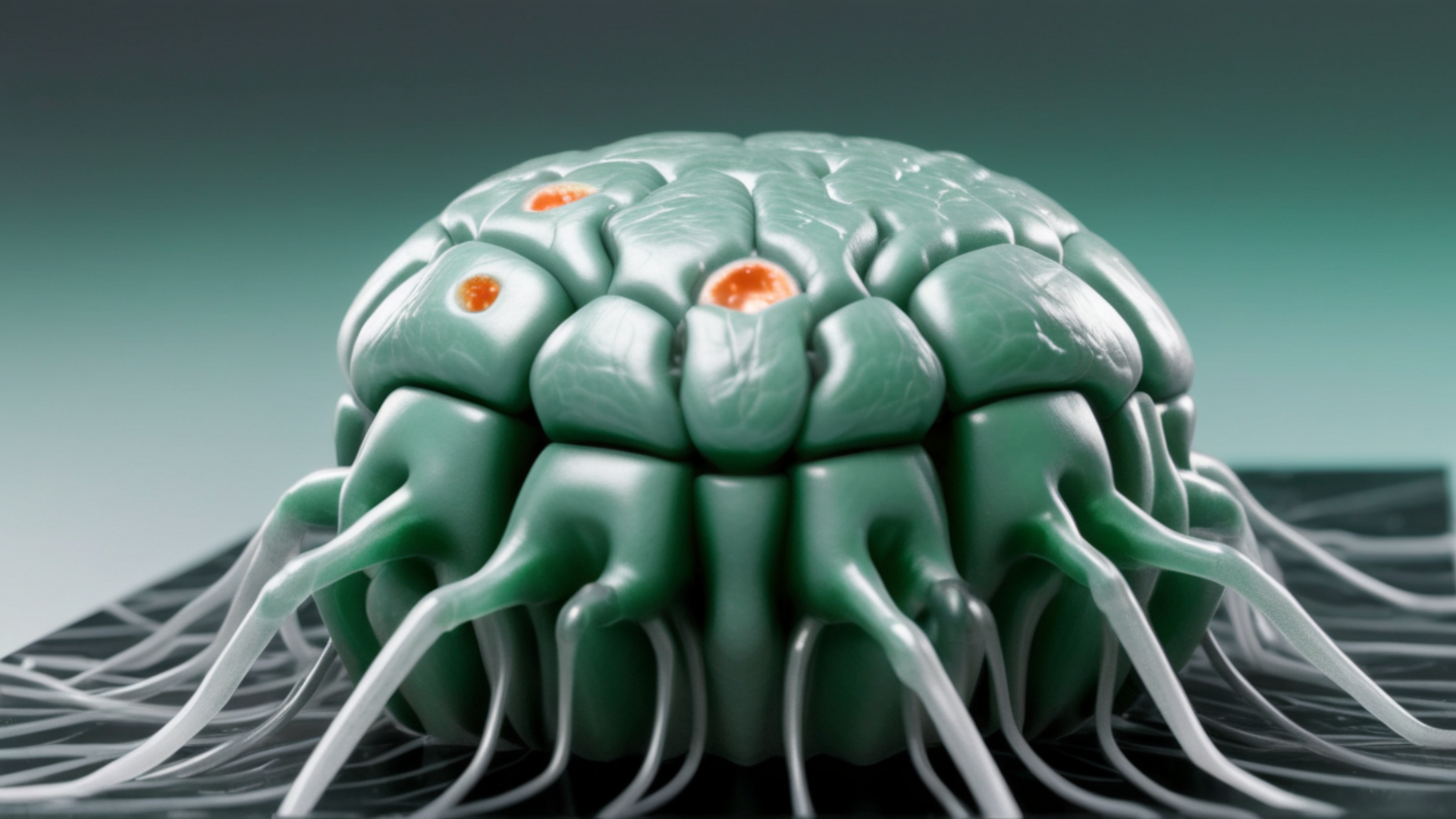Boost your self-confidence by stepping out of your comfort zone with small, achievable actions, celebrating each success, and surrounding yourself with supportive people.

Building Self-Confidence In Real Scenarios
Confidence isn’t something you’re born with—it’s a skill you build through practice, especially in situations that push you slightly outside your comfort zone. Imagine learning to use chopsticks or speaking in front of a crowd: at first, your hands might shake or your mind might blank, but each attempt lowers the mental resistance, making the task feel easier over time. This happens because repetition and small wins rewire your brain to associate the activity with competency, not fear. Neuroscience shows that the more you try, the more your brain adapts, turning shaky first steps into effortless habits.
Real growth starts when you embrace the messiness of learning. Instead of waiting until you feel “ready,” dive into scenarios where you can practice. For instance, role-playing safety drills or emergency procedures in a controlled environment lets you make mistakes safely, helping you react instinctively when real crises arise. Similarly, tackling everyday challenges—like striking up a conversation with a stranger or volunteering for a task at work—builds momentum. Each small victory, whether it’s nailing a presentation or simply showing up, reinforces the belief that you’re capable of handling life’s uncertainties.
Negative self-talk often holds people back, but quieting that inner critic is key. When you catch yourself thinking, “I’ll mess this up,” pause. Ask: Is this fear or fact? Replace it with something kinder, like “I’ll learn from whatever happens”. This shift in mindset creates space for curiosity instead of judgment, allowing you to view challenges as experiments rather than pass/fail tests. Over time, this reduces anxiety and makes it easier to take risks.
Consistency matters more than perfection. Set tiny, achievable goals—like speaking up once in a meeting or trying a new recipe—and celebrate the effort, not just the outcome. Every small step builds a foundation of self-trust. As you accumulate these experiences, you’ll notice a shift: tasks that once felt daunting become routine, and setbacks feel like detours, not dead ends. Confidence grows strongest when rooted in action, not just intention, proving to yourself again and again that you’re capable of rising to life’s real, unpredictable moments.
Surrounding yourself with supportive people accelerates this process. Their encouragement reminds you that stumbling is part of growth, not a reflection of your worth. Whether it’s a mentor, friend, or community, these relationships provide a safety net, giving you the courage to keep trying. Over time, the blend of practice, self-compassion, and reliable support transforms self-doubt into quiet assurance—the kind that stays steady even when life throws curveballs.
- Confidence is a skill built through practice in real scenarios
- Embrace the messiness of learning and dive into situations where you can practice
- Quiet your inner critic and view challenges as experiments rather than pass/fail tests
KEYWORDS
brainMOST READ
MORE TO READ

Mindfulness Practices Reduce Stress in Modern Life
Mindfulness practices help reduce stress and improve well-being by focusing on the present moment. They enhance emotional regulation and can be as effective as medication for anxiety.

Fruit Fly Brain Shows Unexpected Adaptability
The tiny fruit fly’s brain, with 140,000 neurons, reveals how focus and adaptability thrive under chaos—lessons to rethink wellbeing by filtering what truly matters in life’s noisy moments.

Spider Brains Reveal Human Waste System Insights
Scientists studying spider brains have uncovered a hidden brain waste removal system, which holds clues to Alzheimer’s disease. Nature-inspired research shows our brains have ancient cleaning mechanisms.

Human vs. chimp nerve cell study uncovers rapid evolutionary brain changes
Recent research reveals how rapidly evolving genetic switches called HARs uniquely shaped human brains, fueling our creativity and cognition—while inspiring us to mindfully nurture this evolutionary gift for growth.


